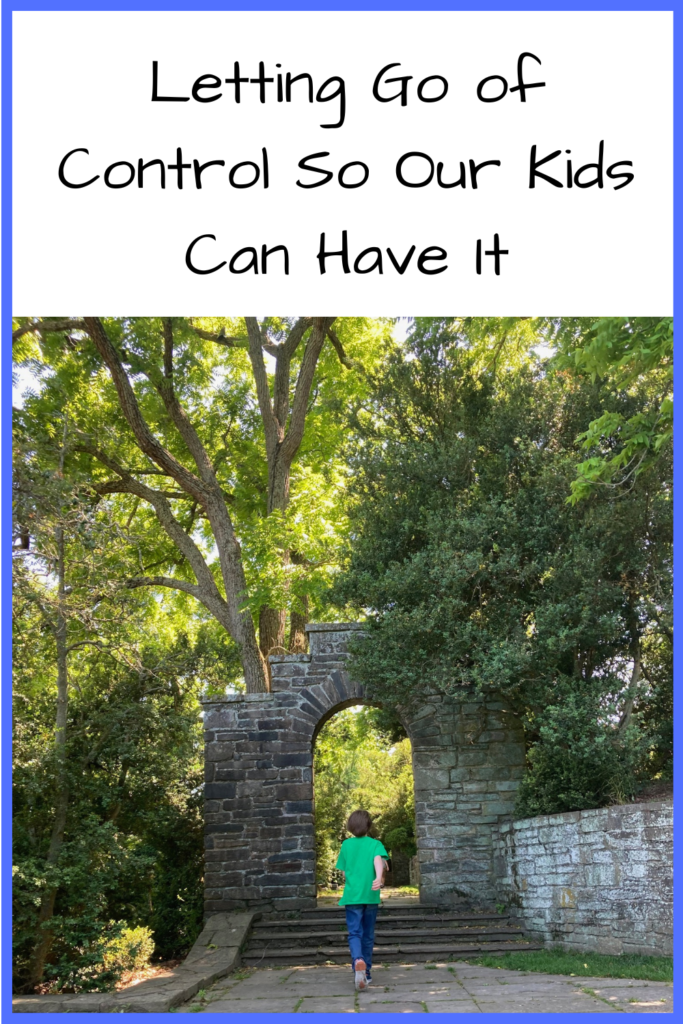
“I can’t get the bike lock open!” My older son came up to me with the keys to my bike lock in his hand. He was supposed to be unlocking his bike from the rack at school.
“Uh, just make sure you put it in carefully. It’s kind of fussy. Why don’t you try again?” I said.
“Hahaha, I was just tricking you!” he said. I sighed. He went back to the bike.
A couple minutes later, he was back again. “I really can’t open it. It’s really stuck.”
“Uh, okay, I can help then.”
As I started walking towards the bike, he laughed and said, “I got you again!”
Cue me looking at the non-existent camera in my life, like I’m a sitcom character.
“Ha ha. Yep, you definitely got me. Go unlock your bike, please.”
While some parents would punish their kid for being “smart” with them, I tolerate this ridiculousness with an eye roll for a reason. In many ways, it’s similar to when younger kids boss around adults during play. A lot of times, we feel like the rules are arbitrary and the kid tells us we’re doing it “wrong” for no apparent reason.
But the fact is, that’s how kids feel all of the time! They have so little agency in the world. They’re constantly told what to do by adults, often with little to no explanation. School has a schedule they didn’t set, a focus on topics they didn’t pick, and rules they don’t always understand.
For those of us with more independent or free-spirited kids, they want to establish some sense of control over their lives, even if they have to wrestle with authority figures to get it. Even if they don’t fight for it, more obedient kids need these skills too.
When I make space for my kid to say no or push back or even trick me in a good-natured, non-harmful way, he practices standing up for himself. Standing up to harmful authority. Standing up to peer pressure. Self-advocating when he needs it. If we want our kids to develop these skills, we have to give them the opportunity to develop and practice these emotional tools.
None of this is to say it’s always easy or fun. Tricks sometimes trigger memories of being bullied as a child for me by other kids who said I didn’t have a sense of humor. It sometimes takes me a minute to swallow back my anger and annoyance. But the fact is, his tricks are harmless and not hurtful. My trauma is not his to deal with – it’s mine. And there are times when I do a lot more than roll my eyes, where I get mad and yell. In those times, I try to take a minute, leave, compose myself, and then come back.
Giving up and letting go of power and control is hard – especially to people who society says we should have power over. But if we want our kids to have the skills to tear down unjust systems, we need to do it. They need the practice at home, in a safe space, before they can live it anywhere else.